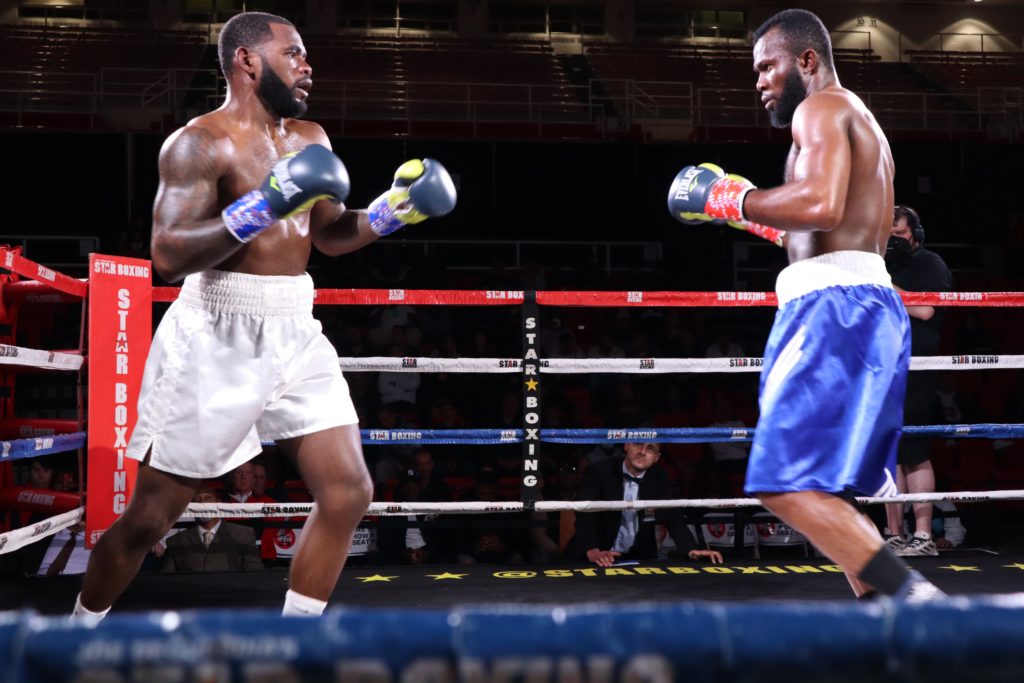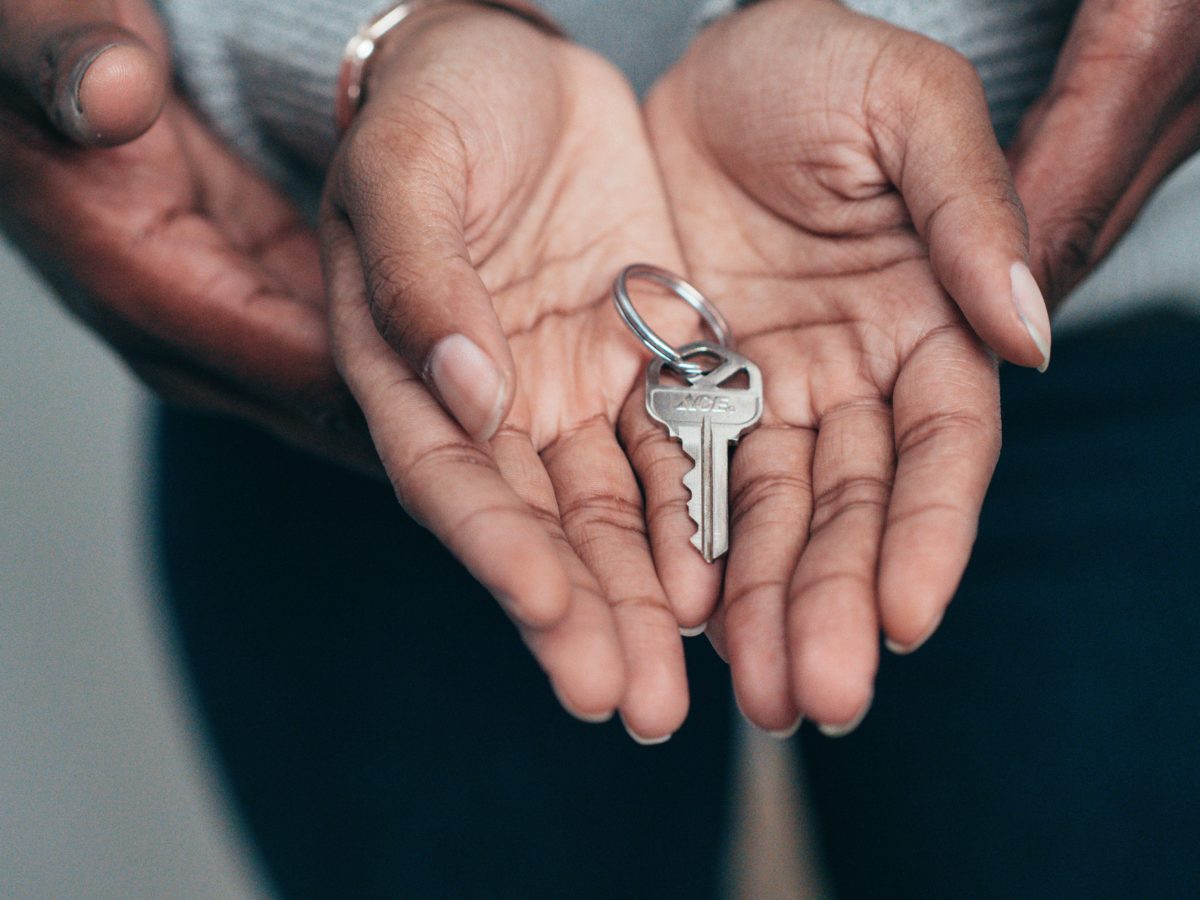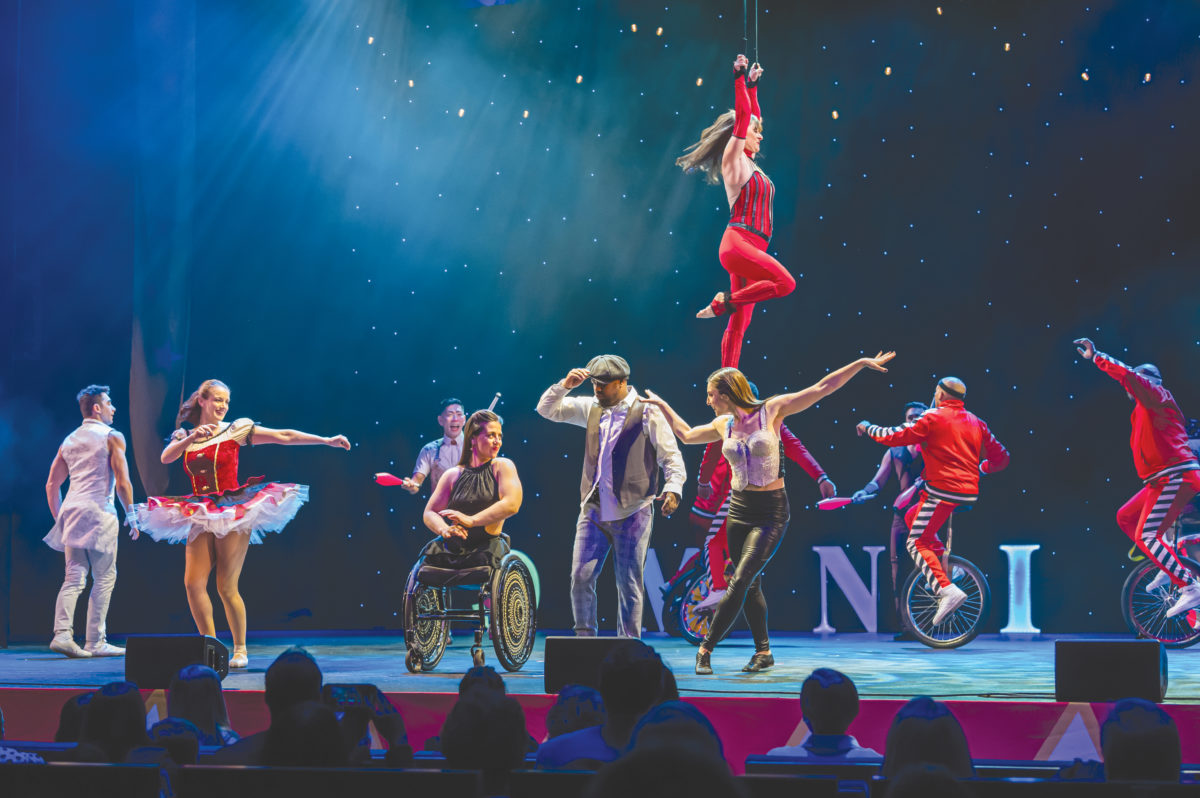Nonprofit provides green space to underserved communities
Seven years ago, Jamaica resident Alicia White realized that there was green space in her community that wasn’t being used to its fullest potential.
She noticed that Railroad Park was being used as a dumping ground and that a few community members did what they could to keep it clean on their own.
“So one day, when I was on my way home, I asked one of them, ‘Is there a way I can help?’And they told me they would love for someone else to come and help clean up the space,” White said.
“Long story short, I had a volunteer project there that next Saturday, and I came with volunteers to clean it up,” she said. “From there, I was trying to figure out what more I could do.”
After various neighbors and friends saw what White had done for her community, they began to ask her for help with other green spaces with great potential.
By following that calling, White went on to create Project Petals, a nonprofit that devotes itself to creating and maintaining green spaces in New York’s under-resourced and BIPOC communities.
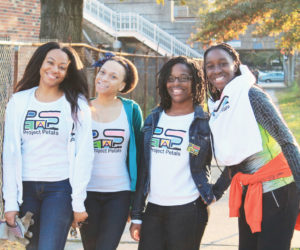 Project Petals has grown from that one project in Queens, to 10 projects across the five boroughs including the Mill Brook Houses Garden in South Bronx, Bergen Street Garden in Crown Heights, and Paradise Garden in Jamaica.
Project Petals has grown from that one project in Queens, to 10 projects across the five boroughs including the Mill Brook Houses Garden in South Bronx, Bergen Street Garden in Crown Heights, and Paradise Garden in Jamaica.
Prominent personal care brand Tom’s of Maine recently awarded Project Petals a $20,000 grant as part of their “Giving For Goodness” program.
“It’s empowering that Tom’s of Maine sees the impact Project Petals and our community of volunteers have at a local level,” White said. “These green spaces we develop provide food, wellness and will be there, benefiting the community for years to come.”
White added that the team has already started utilizing the funds to further expand their initiatives by providing tools, gardening materials, and other resources for programming in each garden.
Sonia Ferraro, a gardener who works the day-to-day at Paradise Community Garden is thankful for White’s efforts to provide environmentally equitable spaces to those underserved — especially during such difficult times.
“Alicia White and Project Petals helped us when we were struggling,” Ferraro said. “I was going to give up and was ready to throw in the towel. No one was giving us tools and resources, then Alicia and Project Petals came, and our garden really got started. Now we are thriving because of their help.”
Paradise Garden in Jamaica serves as a “learning garden,” where people can learn to grow their own food and distribute fresh produce to the community.
The garden also recently held an event where PPE was distributed, including masks, hand sanitizer, and COVID tests, as well as providing a space for mental health and wellness for community members.
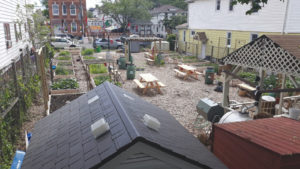 White said that she’s happy to see BIPOC communities benefiting from the efforts of Project Petals, given where the organization is based geographically.
White said that she’s happy to see BIPOC communities benefiting from the efforts of Project Petals, given where the organization is based geographically.
“A lot of the communities we work in are food deserts, and that access isn’t there. The gardens also act in a way so people can learn,” White said. “Growing your own food is not a skill that many people in New York City have, which is something that we help with, but I would say the most important feature of the spaces is that we’re creating healthy spaces. Usually, a lot of Black and brown communities in New York City lack green spaces, compared to Manhattan or other zip codes that have more funding. So it’s essential and vital that these spaces are there just for health and wellness purposes as well.”
White encourages representatives from any local green space in need to reach out to info@projectpetals.org via email, and for any potential volunteers to log on to Project Petals’ website and sign up.


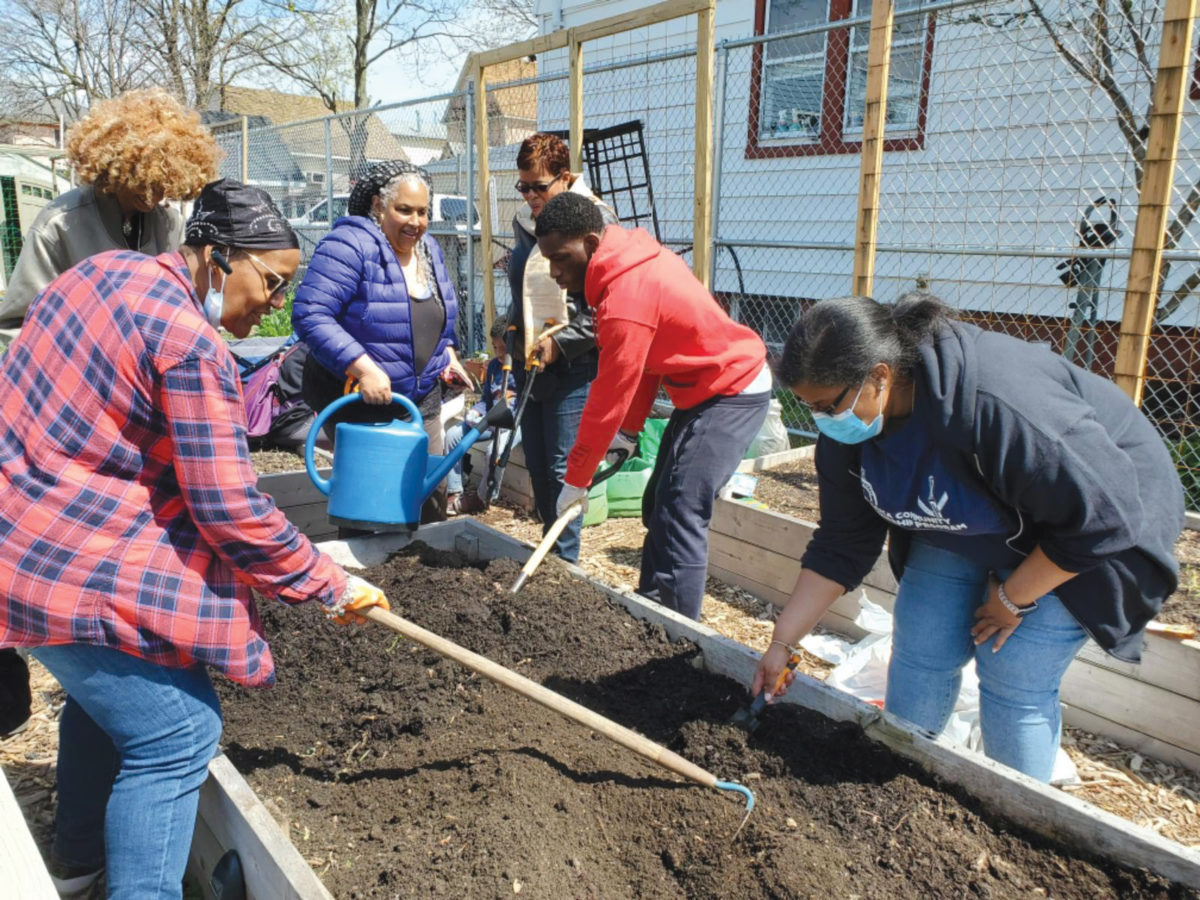
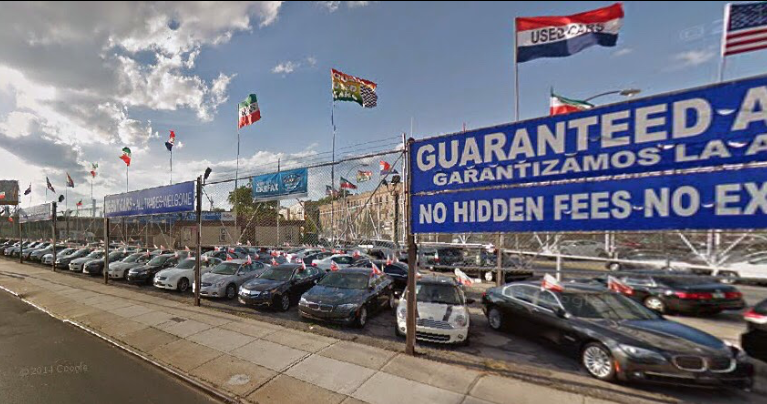
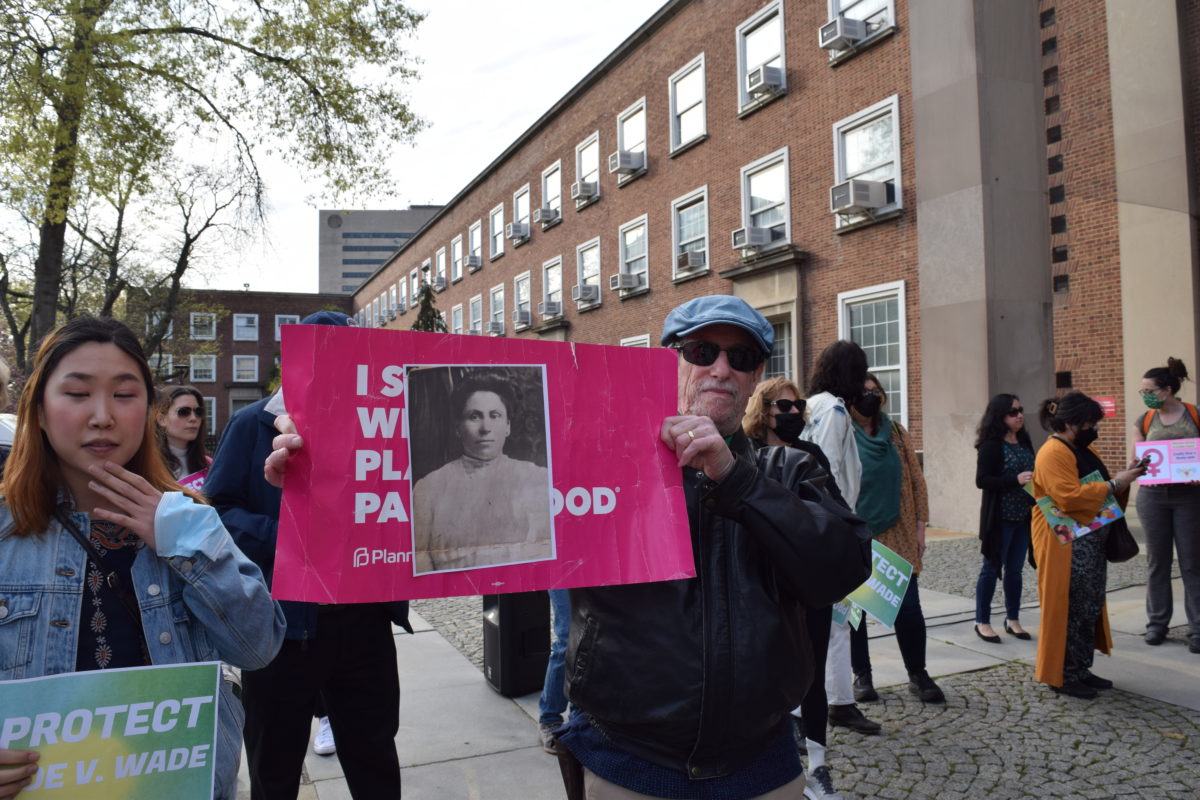
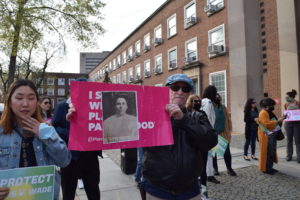
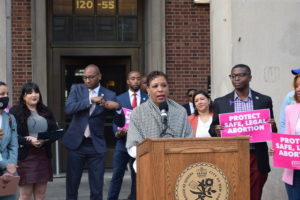
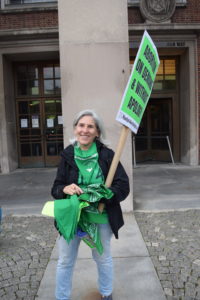
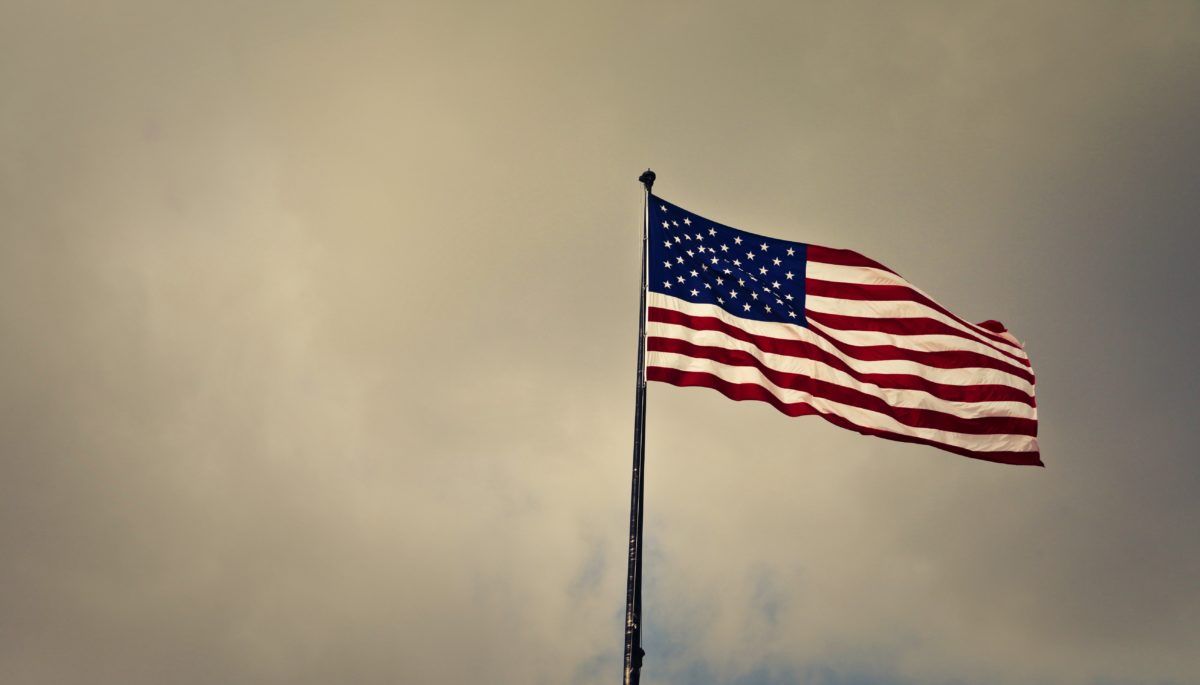
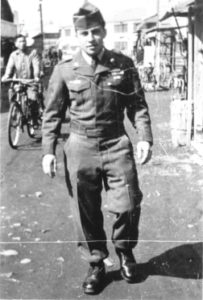 Costantino, nicknamed J.R., was born on July 16,1932 on North 7th Street in Williamsburg Brooklyn. He attended PS 17 and later transferred to PS 73 before graduating from Newtown High School. J.R. pushed up his draft to join the Korean War.
Costantino, nicknamed J.R., was born on July 16,1932 on North 7th Street in Williamsburg Brooklyn. He attended PS 17 and later transferred to PS 73 before graduating from Newtown High School. J.R. pushed up his draft to join the Korean War.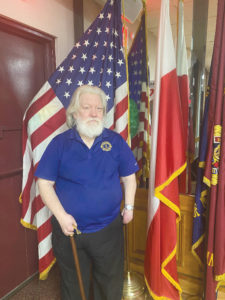 Peter has been part of the Maspeth landscape since his birth in 1950. He was born a “special baby” with a severe case of Syndactylism which affects the formation and position of the body’s extremities. Peter underwent many surgeries to improve his ability to walk and the dexterity to function in our everyday world.
Peter has been part of the Maspeth landscape since his birth in 1950. He was born a “special baby” with a severe case of Syndactylism which affects the formation and position of the body’s extremities. Peter underwent many surgeries to improve his ability to walk and the dexterity to function in our everyday world.



